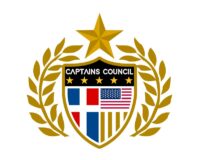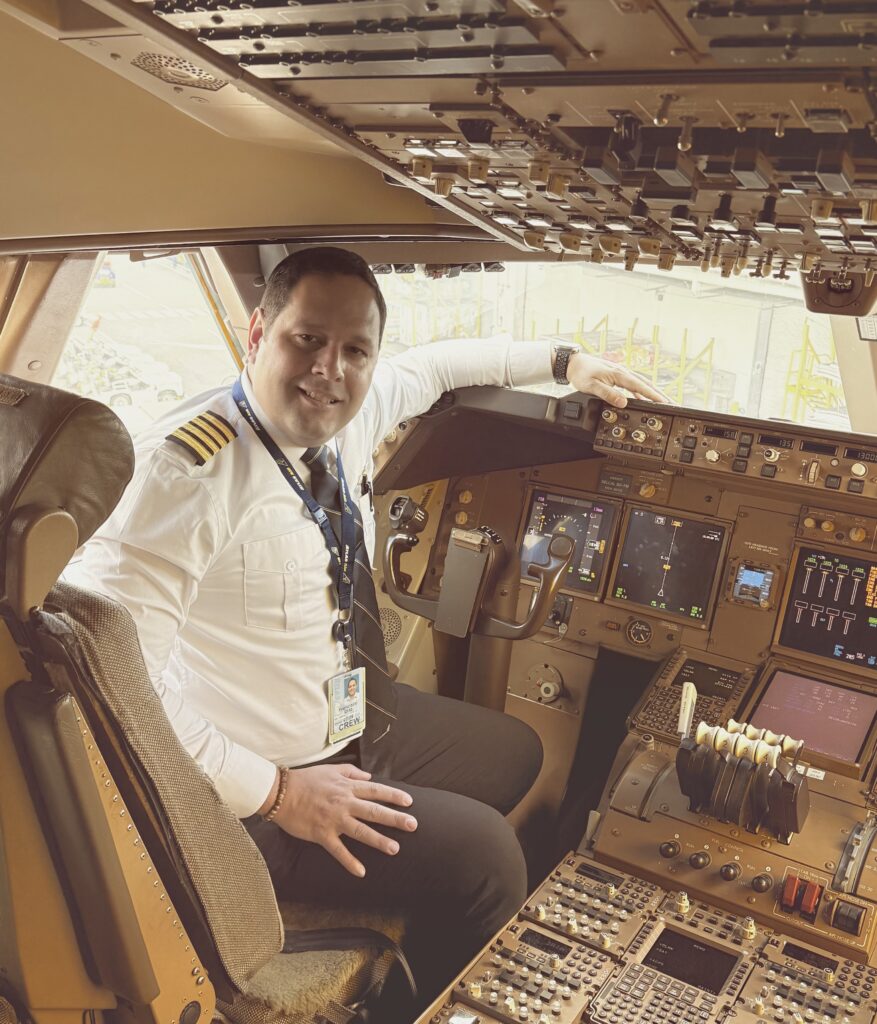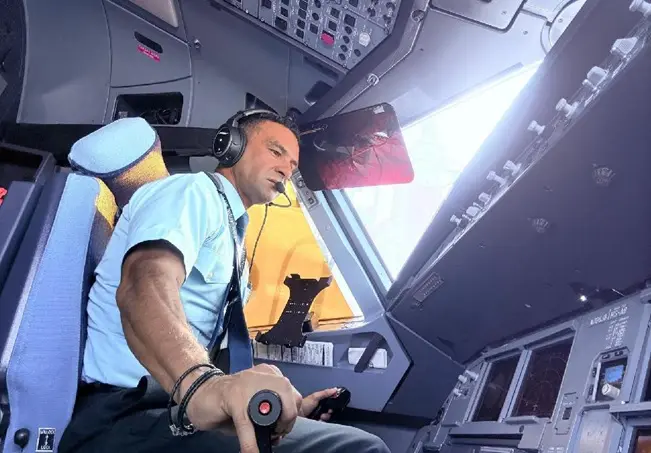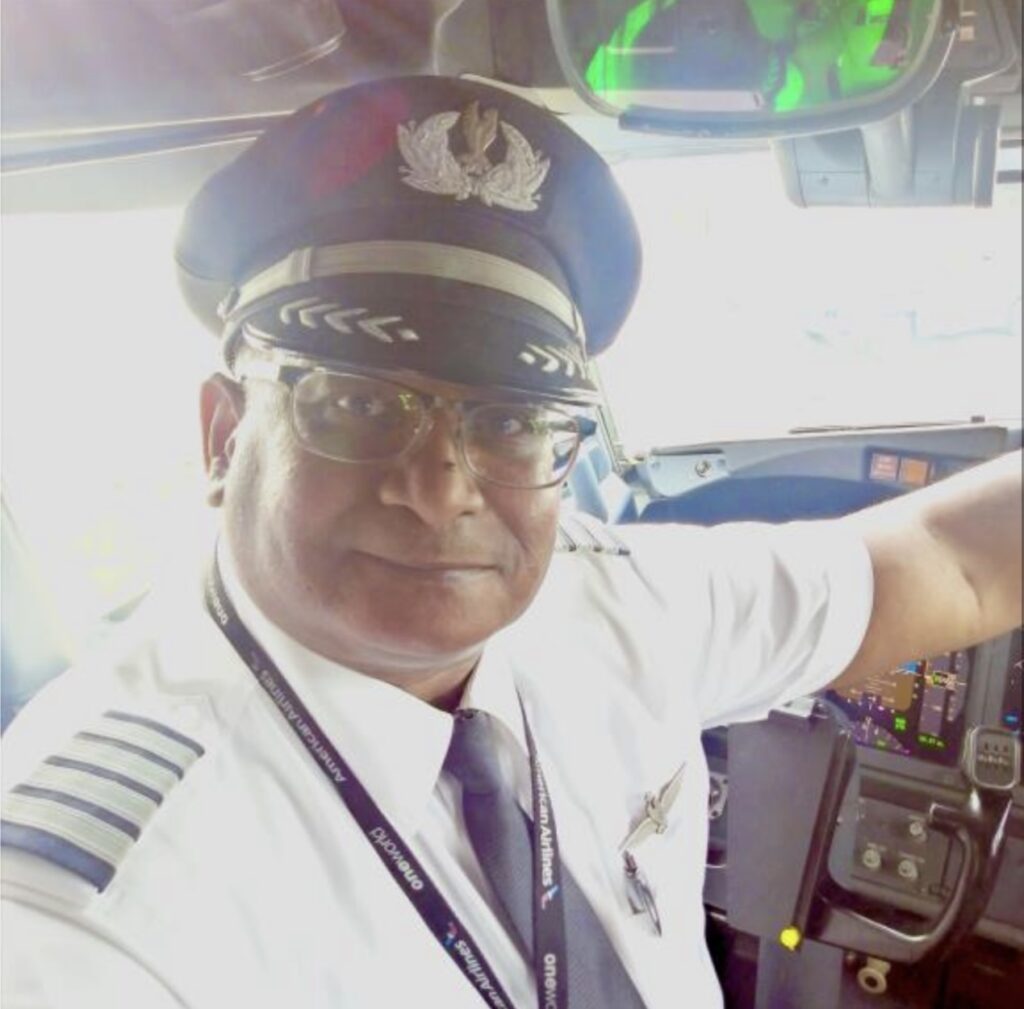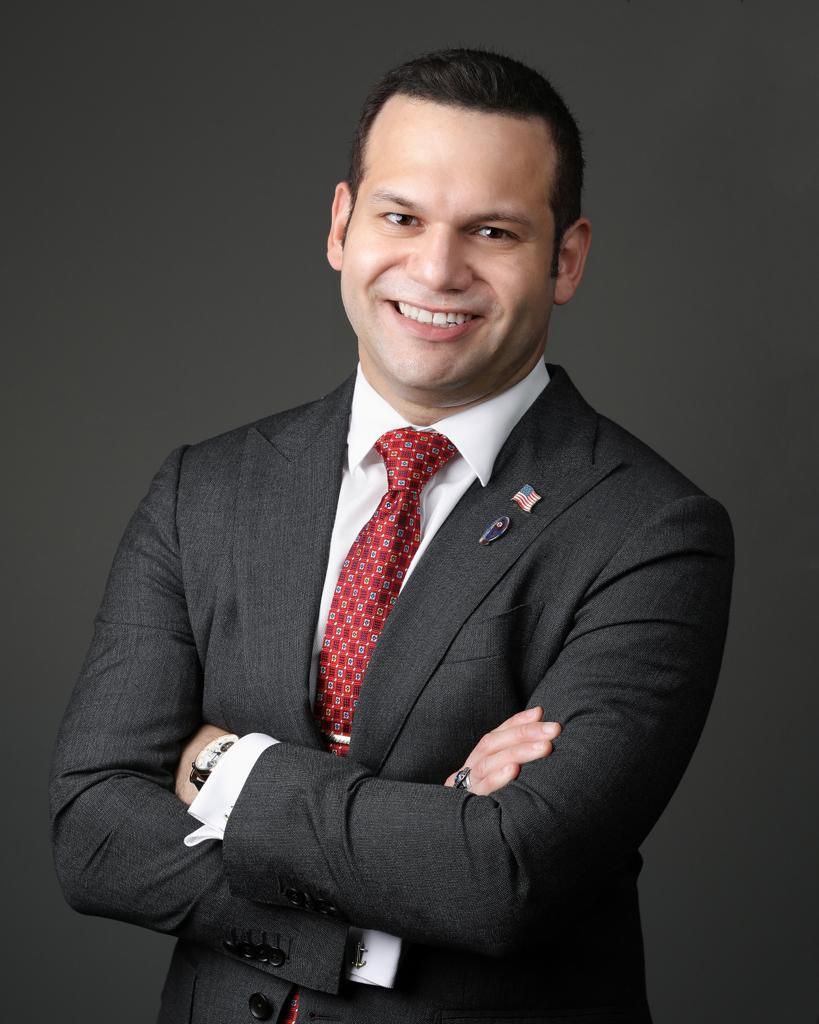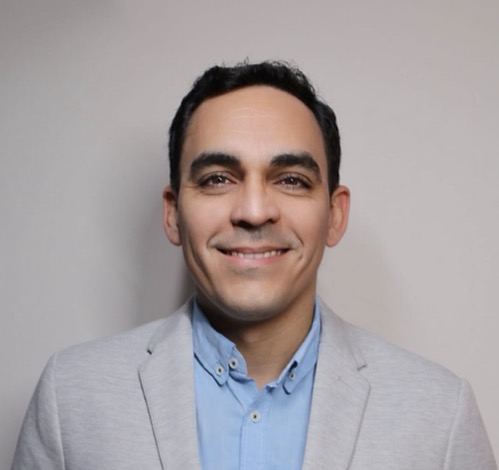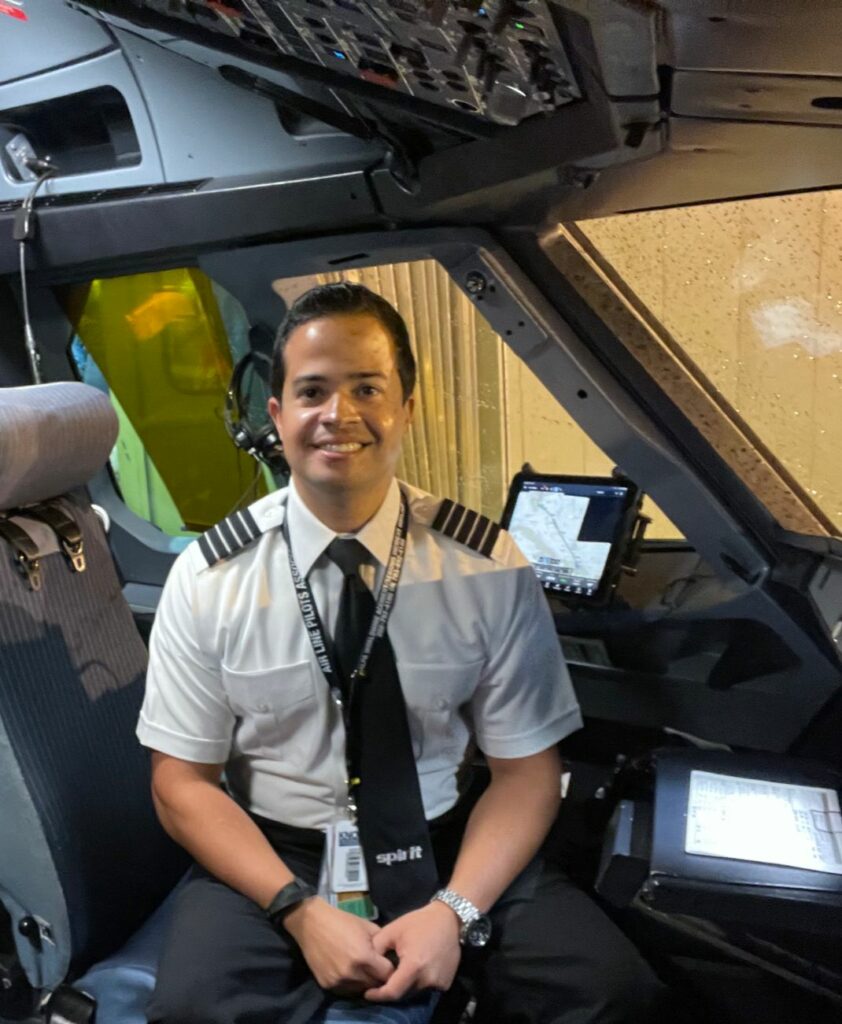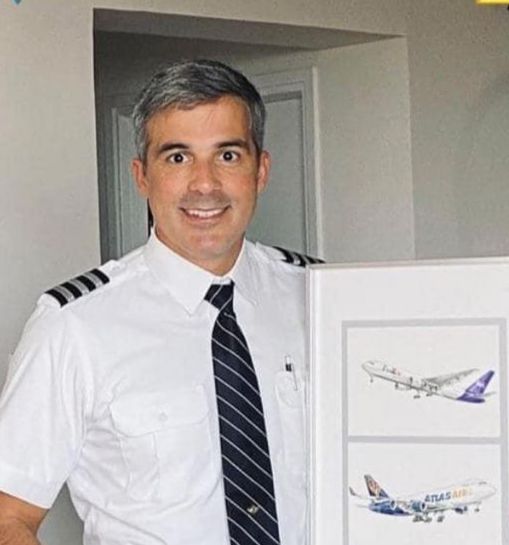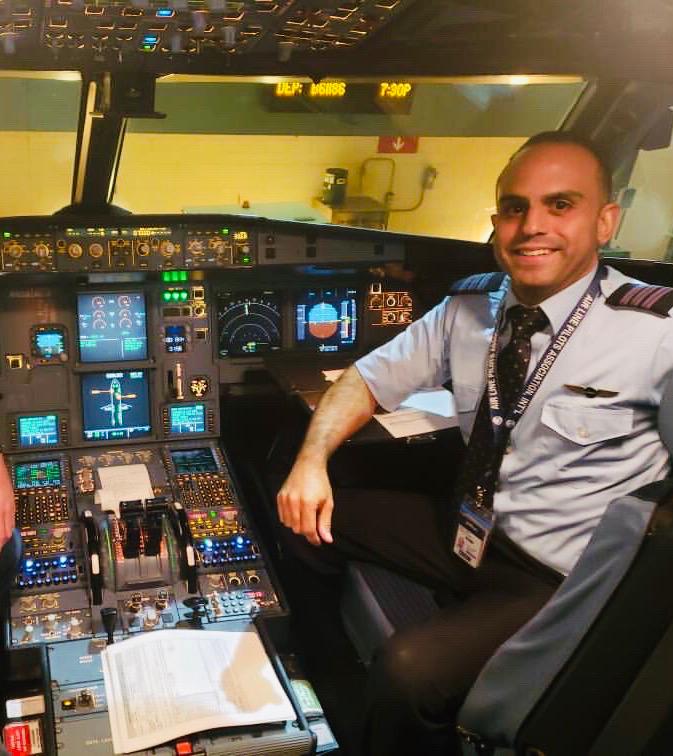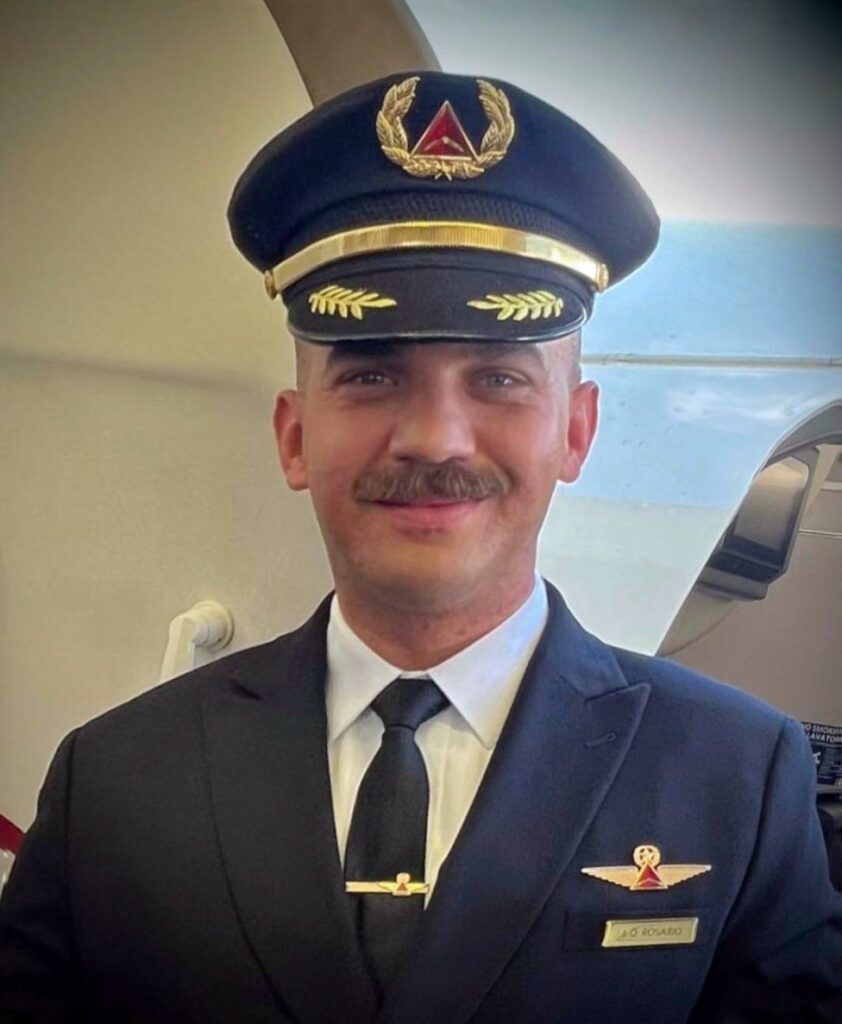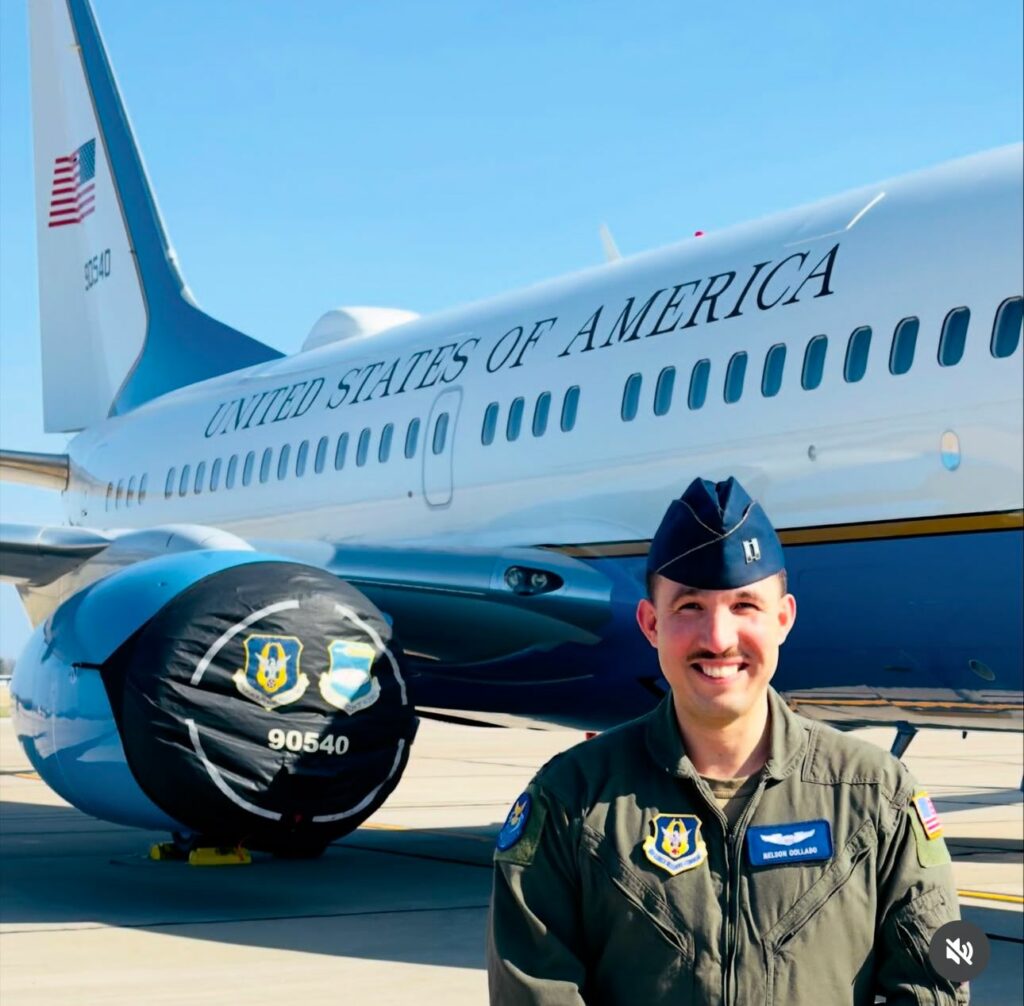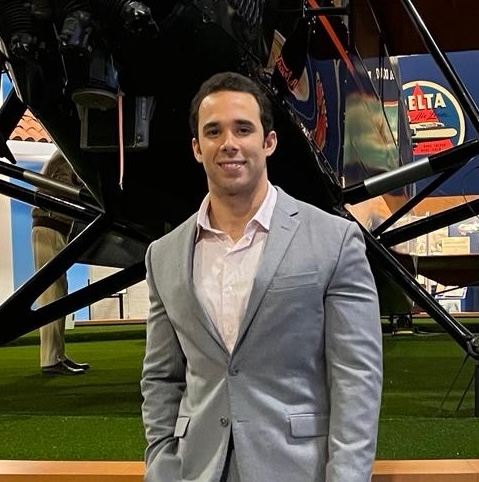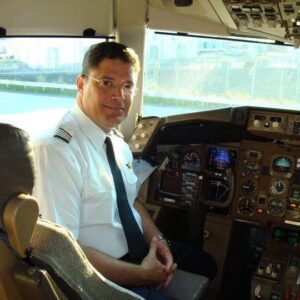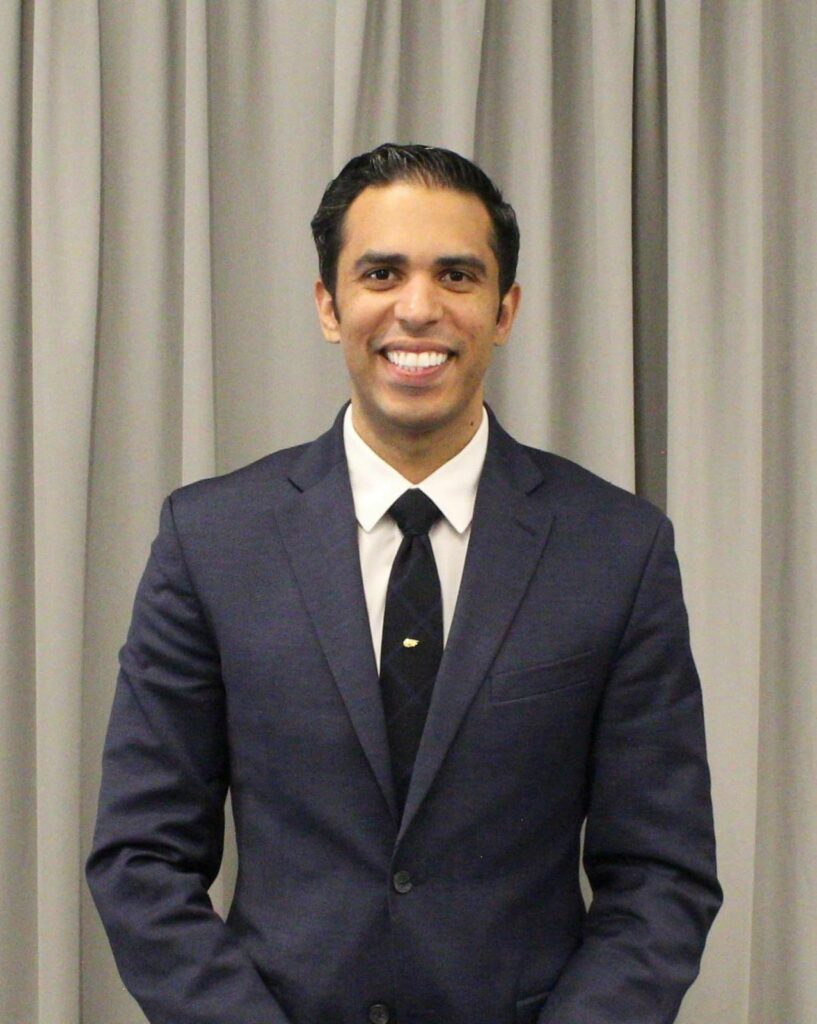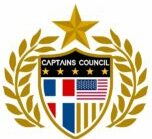LEADERSHIP
Executive Board
The Executive Committee manages the day-to-day activities of the organization, as well as the publishing of professional opinions and research papers. The Executive Committee is composed of a president, a secretary-general, a treasurer, and four board members. The Executive Committee is elected by the General Assembly every 2 years for a period of 24 months. To be elected to the Executive Committee, individuals must have completed 1,000 hours of flight time as an airline pilot in a United States FAR 121 airline.
Honorary Board
The Captains Council relies on its Honorary Board, a distinguished group of aviation experts, former airline executives, policymakers, and business leaders who provide strategic guidance and lend their credibility to the organization. While not involved in daily operations, these honorary members play a key advisory role, offering insights on regulatory frameworks, air transport infrastructure, technological advancements, and international partnerships. Their expertise helps shape high-level discussions and provides valuable direction for research and policy initiatives aimed at advancing Dominican aviation.
Beyond their advisory capacity, Honorary Board members serve as ambassadors, engaging with industry stakeholders, government agencies, and international organizations to advocate for the think tank’s mission. Their influence enhances the credibility of the Captains Council, attracting investment, fostering strategic alliances, and encouraging innovation. By facilitating collaboration between government institutions, private enterprises, and aviation professionals, the think tank plays a vital role in addressing industry challenges and ensuring the Dominican Republic remains a leader in regional and global aviation developments.
Advisory Board
The Advisory Board is a group of experts, stakeholders, and industry professionals who provide strategic guidance, recommendations, and oversight on aviation policies, operations, and development initiatives. The board reviews and suggests improvements for aviation policies, including environmental regulations and security measures. It also reviews aviation safety programs and protocols to mitigate risks and assesses accident reports and provides insights into best practices for preventing incidents.
